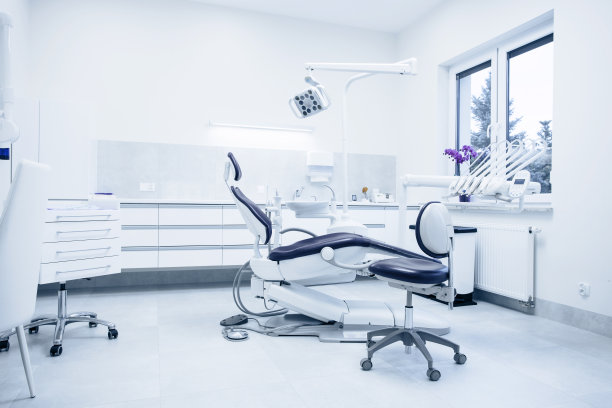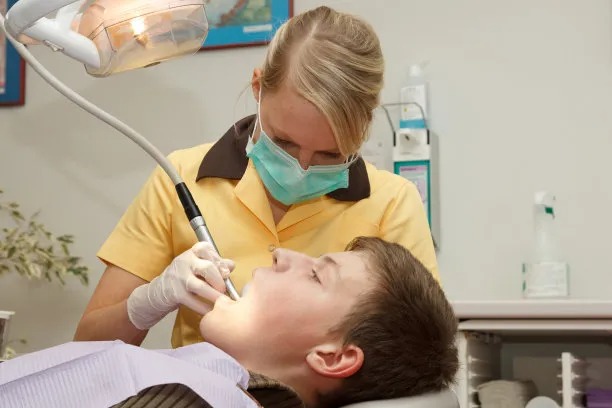Summary: Periodontal disease, a significant oral health concern, affects millions worldwide, leading to severe consequences if left untreated. This article explores its causes, including bacterial infections, poor oral hygiene, and genetic factors. Additionally, we discuss the consequences of periodontal disease, such as tooth loss and systemic health issues. Effective prevention strategies are essential, highlighting the importance of regular dental check-ups, proper oral hygiene routines, and lifestyle modifications. Understanding these aspects is crucial for maintaining optimal oral health and preventing the onset of periodontal disease.
Causes of Periodontal Disease Explained

Periodontal disease primarily arises from bacterial infections in the mouth. This condition begins with the accumulation of plaque—a sticky, colorless film of bacteria on the teeth. If not removed through regular brushing and flossing, plaque hardens into tartar, which can lead to gum inflammation and infection.
Poor oral hygiene is a significant contributing factor. Individuals who neglect routine dental care, such as brushing twice a day and flossing regularly, are more susceptible to periodontal disease. Furthermore, lack of professional dental cleanings can exacerbate the problem, allowing harmful bacteria to thrive.
Genetic predisposition also plays a role in periodontal disease. Some individuals carry genetic factors that make them more vulnerable to gum infections and inflammation. Understanding one’s family history can be vital for assessing the risk of developing periodontal conditions.
Consequences of Untreated Periodontal Disease
The implications of untreated periodontal disease can be dire. One of the most noticeable consequences is tooth loss, which can significantly impact a persons quality of life. As the supporting tissues deteriorate, teeth may become loose and eventually fall out, leading to functional and aesthetic concerns.
Moreover, periodontal disease is linked to systemic health issues, including cardiovascular disease and diabetes. Research shows that inflammation from gum disease can affect overall health, potentially contributing to heart issues and complicating blood sugar control in diabetic patients.
Additionally, individuals suffering from periodontal disease may experience chronic bad breath and discomfort. This not only affects oral comfort but can also lead to social anxiety and a reduced quality of life.
Effective Prevention Strategies for Oral Health
Prevention of periodontal disease begins with a robust oral hygiene routine. Brush your teeth at least twice daily using fluoride toothpaste and floss regularly to remove plaque from between the teeth. Establishing these habits can significantly reduce the risk of developing gum disease.
Regular dental check-ups are also crucial. Visiting a dentist for professional cleanings and examinations can help catch early signs of periodontal disease. Dentists can provide tailored advice and treatment options based on individual oral health status.
In addition, lifestyle modifications play a significant role in prevention. Avoiding tobacco products and limiting sugary food intake can help reduce the likelihood of gum disease. Staying informed about your oral health and making positive lifestyle choices are essential for maintaining gum health.
Understanding the Importance of Oral Health
A comprehensive understanding of periodontal disease is essential for promoting better oral health outcomes. Adequate knowledge about its causes, consequences, and preventative measures empowers individuals to take charge of their oral hygiene. By doing so, they can significantly reduce the risk of serious dental issues.
Investing in oral health not only preserves teeth but also safeguards overall health. As periodontal disease can have far-reaching impacts beyond the mouth, prioritizing gum health remains a critical aspect of health and wellness.
Therefore, adopting effective prevention strategies, combined with professional guidance, is a proactive approach towards achieving better oral health.
This article is compiled by Vickong Dental and the content is for reference only.
Vickong Dental
Vickong Dental is a large medical group established in Hong Kong in 2008 by professors from well-known medical universities in Guangdong and Hong Kong, as well as medical doctors from key national '985' universities (including Master's supervisors and senior professors). The chain of branches brings together expert dentists with PhDs and Master's degrees from Hong Kong and Mainland China, committed to providing high-quality dental treatment.
"Vickong Dental Practices the University Motto of 'Healing and Serving Society,' with a Stable Operation for Sixteen Years. It Has Been honored with Hong Kong Enterprise Leaders's Choice,' and is a Global Trusted Implant Center for the Nobel Implant System. Recommended by Hong Kong Metro Broadcast and Guangdong Television, it Serves Customers from Over Thirty Countries and Regions, Gaining the Trust and Favor of Citizens from the Guangdong-Hong Kong-Macau Greater Bay Area and Surrounding Cities.

Thousands of customers' unanimous praise
The most recognized and highly recommended dental service by customers in the Guangdong-Hong Kong-Macau Greater Bay Area
We Ensure You Receive Detailed Care and Attention Here
Hong Kong standards, Shenzhen prices, Your Trusted English-speaking dentists

Vickong Dental Medical-Grade Instrument Disinfection Process
Vickong Dental Medical-Grade Instrument Disinfection Process

Vickong Dental Chain: A Warm and Comfortable Environment for Treatment






Appointment Hours

Q&A
Why choose Vickong Dental?
Vickong Dental practices the university motto 「Medicine to Benefit Society」, with each branch bringing together highly qualified dentists with doctoral and master’s degrees from Hong Kong and the Mainland, and has maintained seventeen years of steady operation。Recipient of 「2024 Hong Kong Enterprise Leaders Brand」, 「2025 Hong Kong Enterprise Leaders Brand」, a Nobel Biocare Global Trusted Implant Center, and a brand recommended by Metro Radio Hong Kong and Guangdong TV。
To date, we have served customers from more than thirty countries and regions,earning exceptionally high word-of-mouth recognition and trusted recommendations from residents across the Guangdong-Hong Kong-Macao Greater Bay Area and surrounding cities
We have eight major branches in Zhuhai、Shenzhen,and a consultation and service assurance center in Hong Kong,so you can book a free consultation at any time for any questions,which is very reassuring.
If I do not accept the quotation after the CT scan, will I be charged??
No! As long as the actual treatment has not started, you will not be charged any fees.
Will there be any additional charges during the treatment process?
No, there won’t be any additional charges. Before treatment begins, we will clearly explain the treatment plan and its corresponding fees. Only after the patient agrees and signs the consent form will we proceed with the dental service.
Can I pay in Hong Kong dollars?
Yes. Vickong Dental accepts payment in Hong Kong dollars. The amount will be converted based on the exchange rate of the day, and the applicable rate will be clearly communicated to you in advance.
Can I reschedule my appointment at any time?
Yes. Please contact us via **WeChat** or **WhatsApp** as early as possible, providing your original appointment time and details, along with your preferred new date and time slot for rescheduling.













